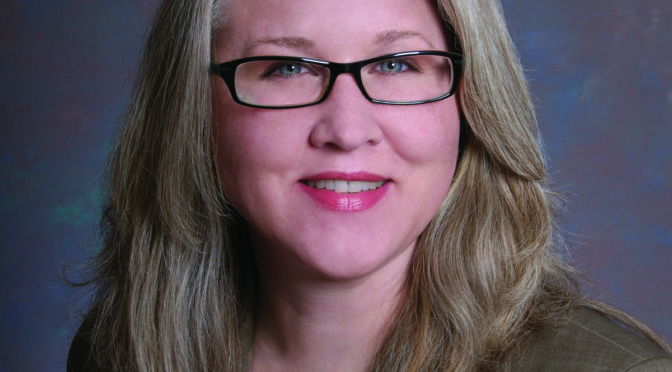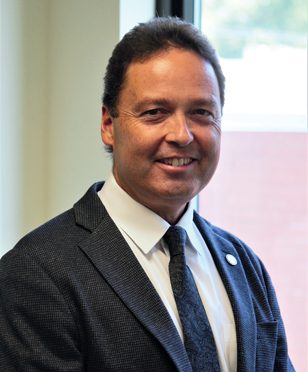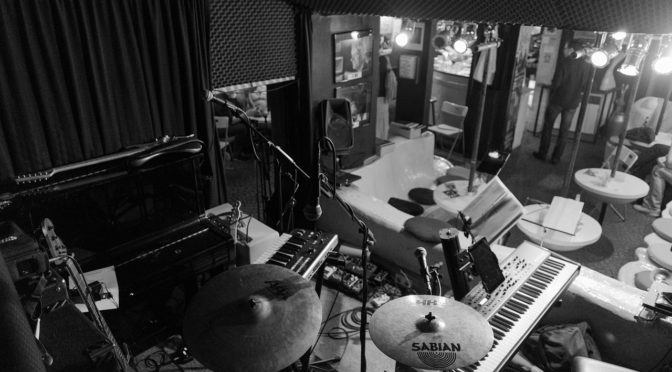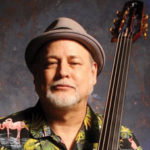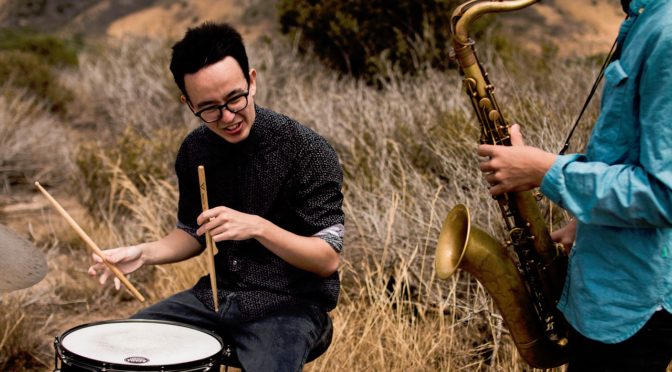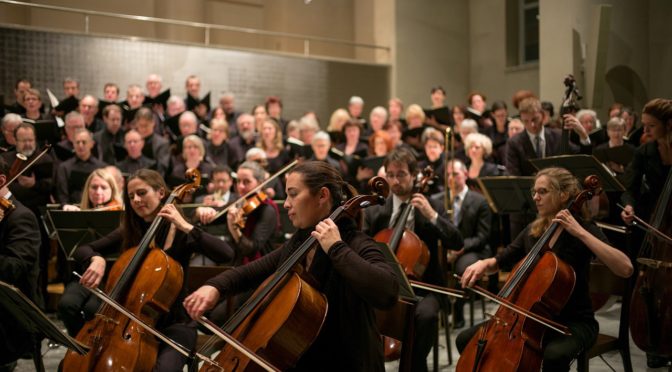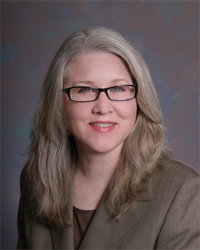We’ve all been through a particularly rough year and a half, but the situation is improving, people are gathering, and work is coming back. It’s exhilarating to reconnect with colleagues and bandmates and perform in front of live audiences again. But there’s something else: we have to remember that the “good old days” were not so good. Many workers struggled to cover basic needs, even while working long hours providing essential services. We have an opportunity to change the narrative, to build power and create a better future. I firmly believe that musicians and music making are an essential part of achieving this generational correction.
Music is a universal language that brings people together, a natural bridge, a unique artform that breaks down barriers. Diverse audiences attend concerts and shows, listen to bands in local establishments, experience shared humanity in real time and enjoy music together. We’ve spent so much time isolated and surrounded by “news” preying on our differences. There needs to be a rebuilding of a sense of community and musicians are uniquely qualified to fulfill that need.
However, along with the ability to provide this essential service, there also must be a change in the way that music making is understood and valued. This change is not only necessary generally, but also within the music community. We know what it takes to make music that people want to hear. It’s a lot of work! Though it’s often joyous, sometimes it is not. Besides investing a significant amount of time, we also have to invest in our instruments, equipment, concert clothes, transportation, and rehearsal space. Music making should not be compromised due to lack of resources. The false narrative of the starving artist needs to be put to rest. It undermines our profession. We deserve to be fairly compensated for our work.
Somewhere the sense of value was redirected. This is terrific for those who depend on our services to benefit themselves. For example, there’s the rubber stamp symphony board members who like to list the “service” on their resumes, while not actively doing the necessary work to raise funds for the whole organization, not just the shell of management. Another example is the club owner who gives musicians the “opportunity” to perform while pricing their wares at rates that cover all business costs, with the exception of the musical services that draw people into the establishment.
We have a responsibility to ourselves and those coming after us, to commit not only to making music, but to actively participate in re-establishing the values necessary to maintain our profession in all its forms. Go to the AFM website (www.afm.org) and read Article 2, Mission Statement, in the AFM Bylaws.
Now, close your eyes and envision your career in your community. Are you satisfied with the work you perform, but also generally with how musicians in your community are perceived? Are musicians treated respectfully as professional people or is there a sense that making music isn’t a “real job”? What changes are necessary to improve the lives of musicians in your community? Get involved in your local by participating in or starting a committee. You don’t need to know how; the most important step is to be willing! Thank you for your work!


